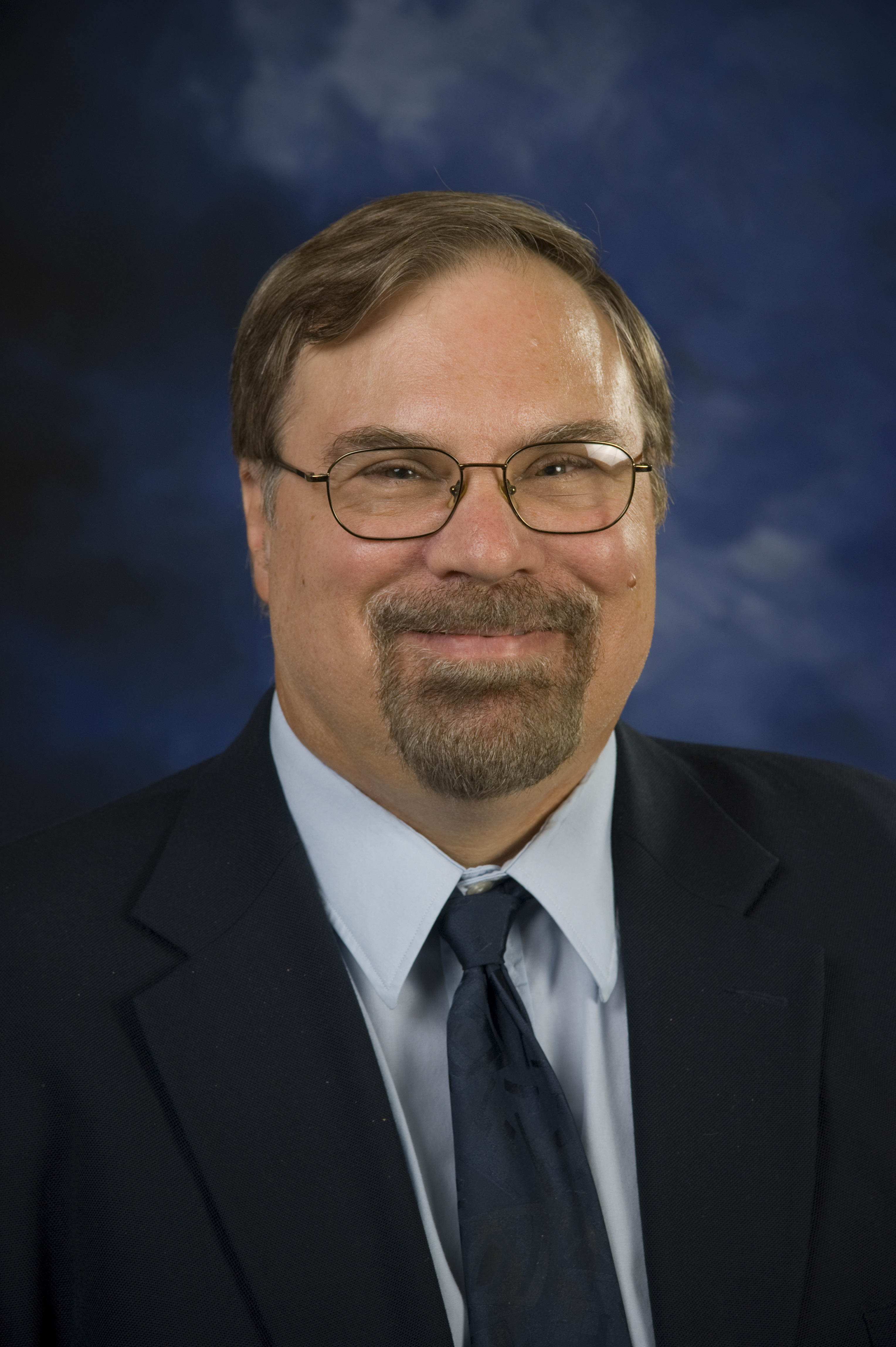
You can contact Warren at
wgooch.truman.edu
SELECTED WORKS
Clockwork (orchestra)
we are experiencing minor turbulence (orchestra)
Menuet Macabre (orchestra)
The Stones Speak of Eternity (wind ensemble)
Song of the Voyageurs (wind ensemble)
Te Deum (choir and orchestra)
Wisdom: A Cantata (choir and orchestra)
John 1: The Word (SATB choir)
The Work of Thy Hands (SATB choir)
Three Reflections from the Psalms (SATB choir)
A Tempest (SSA choir)
Out of the Primordial Ocean (percussion ensemble)
Fanfare and Alleluia (brass choir)
Divertimento (string quartet)
A Modest Compendium of Olde Verse (brass trio)
Three Fauxmanian Dances (violin and cello)
The View from the Tower (tenor, piano, tuba)
Through a Glass Darkly (trombone and percussion)
Additional works for large and small instrumental and vocal ensembles.
Chamber and solo works (with and without piano) for voice and/or most orchestral instruments, piano, organ.
Several works can be heard on SoundCloud
Please contact the composer for a full list of works.
Warren Gooch's music has been performed throughout North America, Asia, Europe and Latin America. A native of Duluth, Minnesota, Gooch is Professor Emeritus of Music Theory/Composition (Truman State University). He is a past recipient of that university's "Educator of the Year" award and of the Governor's Award for Excellence in Education from the State of Missouri.
Ancient History
Little Gooch began composing as soon as he was old enough to reach the keys on the family piano. To the initial chagrin of his parents, at first he devoted more time to "making up" pieces at the piano than he did to practicing his formal music lessons. Eventually, this interest in composition led to over a dozen awards in young composers competitions.
Recognition and Publications
Grown-up Gooch's work has been recognized by the National Federation of Music Clubs, Minnesota Orchestra, American Choral Directors Association, Music Teachers National Association, Percussive Arts Society, Collegiate Band Directors National Association, International Trumpet Guild, College Music Society, Music Educators National Conference, the Composers Guild, the American Prize and other organizations. He has been the recipient of over thirty composition awards and paid commissions, and has approximately forty published works from houses such as Southern, Dorn, Kjos, API/Quo Vadis, Flammer, Ensemble, Plymouth, and others. Clockwork for orchestra is available from Navona Records, performed by the Slovak Radio Orchestra under the direction of the late Robert Black.
Education
Gooch received his Doctorate from the University of Wisconsin, his Masters degree from the University of Minnesota (Duluth), and his Bachelors degree from the College of St. Scholastica. He studied with Stephen Dembski, Joel Naumann, Mary Mageau, Martina Hughes, Eric Stokes, Thomas Wegren and others, representing the varied aesthetic philosophies and stylistic positions of composers such as George Crumb, Milton Babbitt, Howard Hansen and Nadia Boulenger. This broad background has informed Gooch's diverse and eclectic style.
Theory Stuff
Gooch's work as music theorist has been recognized by the College Music Society, Music Teachers National Association, Macro Analysis Creative Research Organization, and Gooch authored a (now extinct) manual in the Benward /Saker "Music in Theory and Practice" series, published by McGraw Hill.
Even More Stuff
Professional affiliations include BMI, Society of Composers, Phi Mu Alpha Sinfonia, Christian Fellowship of Art Music Composers, Pi Kappa Lambda Music Honor Society, Macro Analysis Creative Research Organization, Iowa Composers Forum, and others. In the distant past, he taught music at pretty much all grade levels. Gooch is actively involved in the field of sacred music, and his composition catalog includes a number of sacred choral and instrumental works.